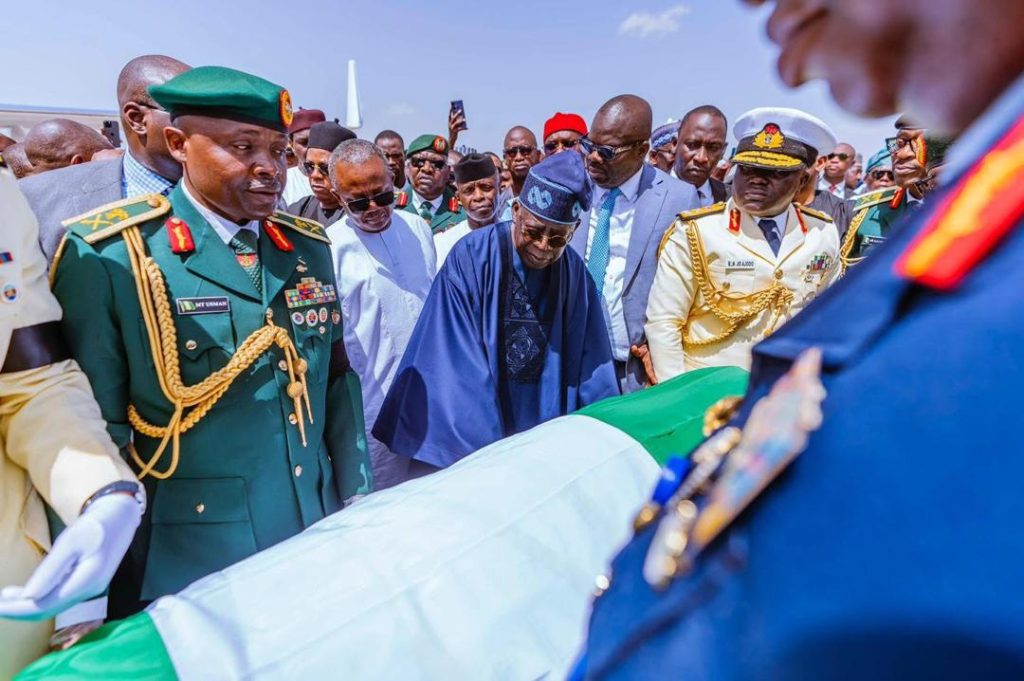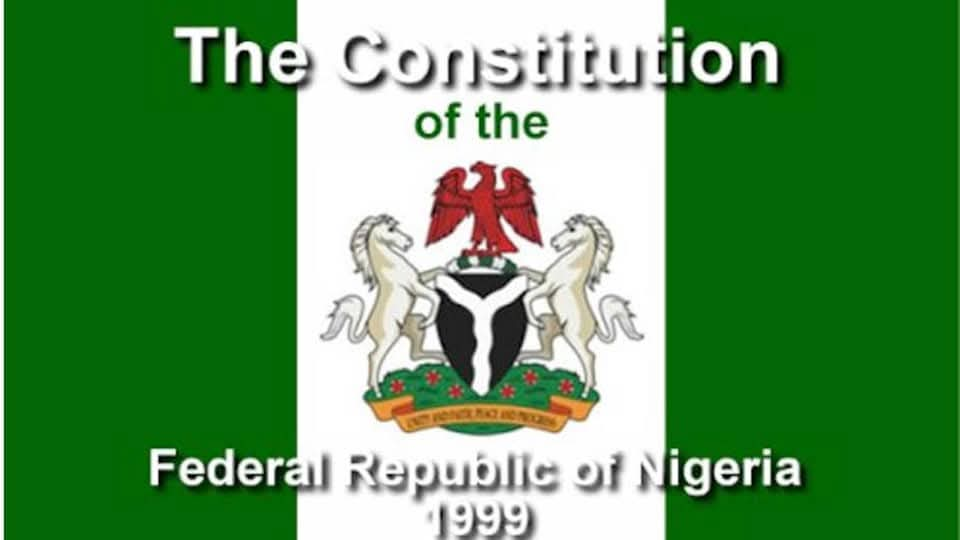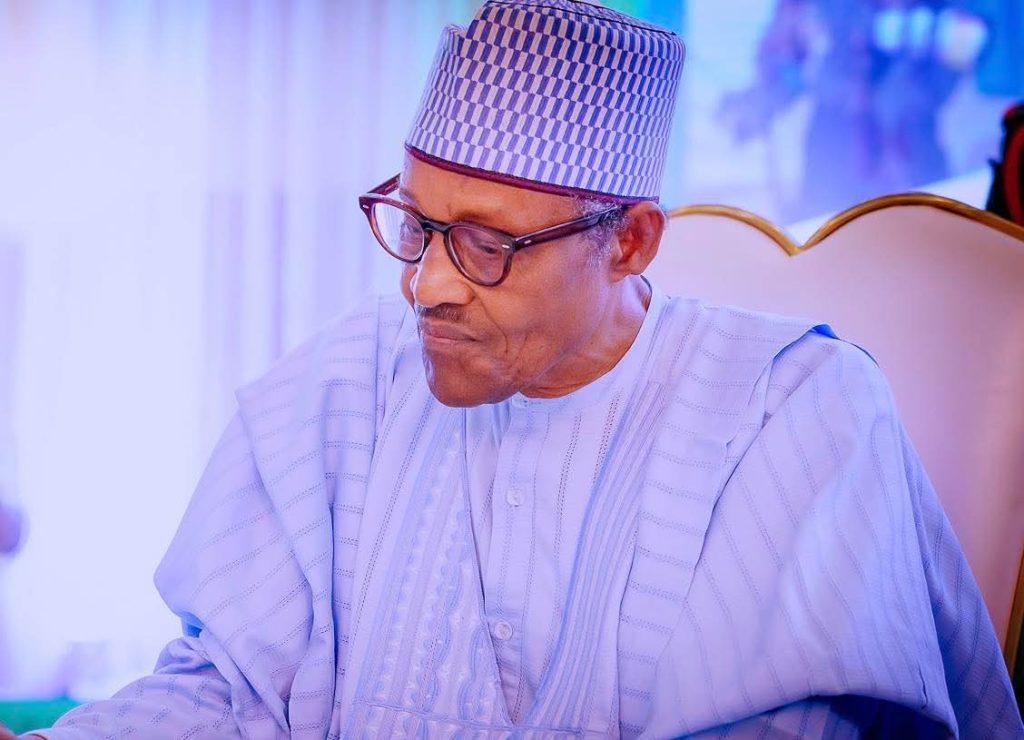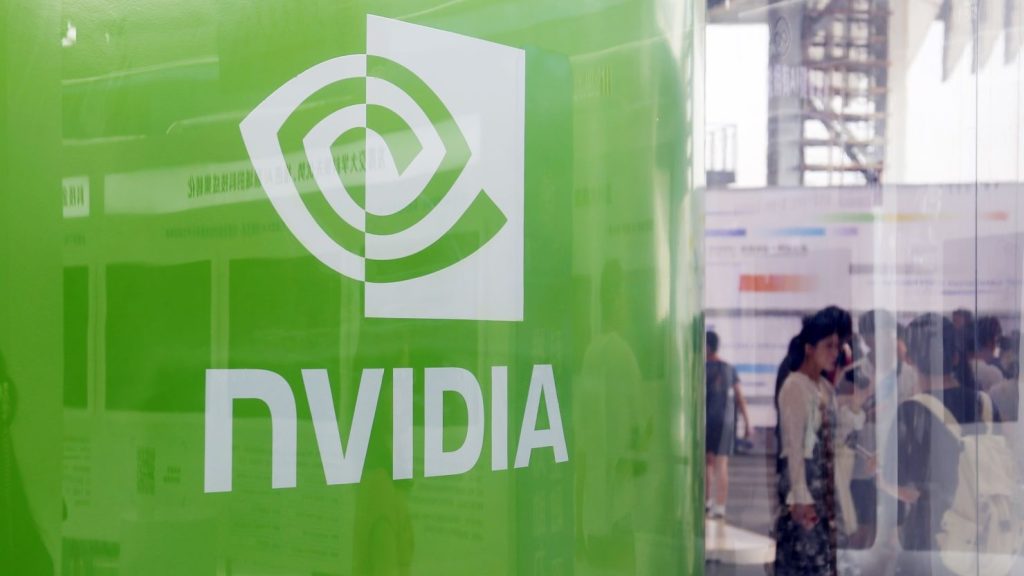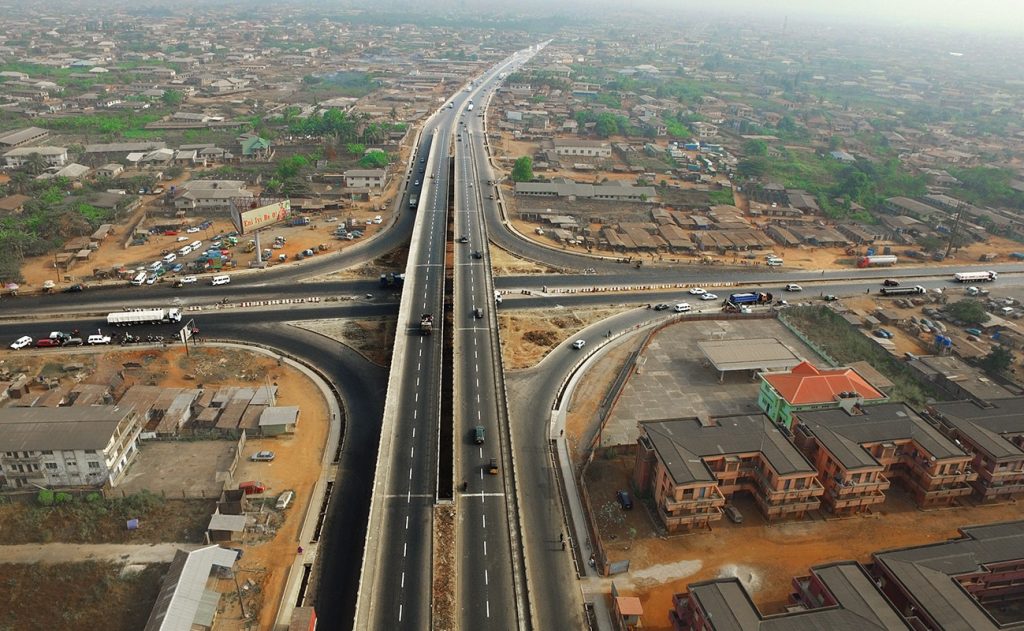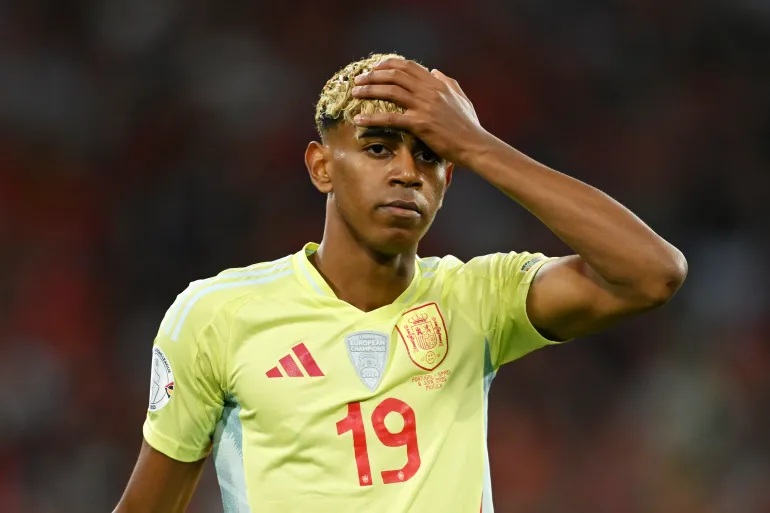News
Putin hosts Xi in Kremlin, as Xi hails ‘rock solid’ China-Russia relations

During a grand welcoming ceremony at the Kremlin on Thursday, May 8, 2025, Chinese President Xi Jinping and Russian President Vladimir Putin emphasized the strength of their nations’ growing partnership.
Both leaders exchanged warm greetings.
This marked Xi’s 11th visit to Russia, highlighting the importance of the Sino-Russian relationship in the current global landscape.
Xi characterized the relationship between China and Russia as “confident, stable, and resilient.”
He also affirmed China’s commitment to working with Russia to help shape a more multipolar world.
Putin warmly addressed Xi as a “dear friend,” while Xi referred to the Russian leader as his “old friend,” signaling the depth of their personal and diplomatic ties.
Speaking at the ceremony, Xi highlighted the impact of both history and present realities on both countries.
He said history and present realities demonstrate that the ongoing development and strengthening of ties between China and Russia are a natural extension of the longstanding friendship shared by their peoples.
The visit coincides with Russia’s commemoration of the 80th anniversary of the end of the Second World War, known in the country as Victory Day, observed on 9 May.
The occasion drew world leaders to Moscow.
Although the city remained under threat from Ukrainian drone attacks, which prompted the temporary closure of most major airports on Wednesday.
Among the disruptions was the rerouting of Serbian President Aleksandar Vučić’s flight.
To ensure his safety, Xi’s aircraft was escorted by Russian fighter jets upon arrival.
A military band greeted him by playing the national anthems of both Russia and China, setting a ceremonial tone for the high-profile visit.
To mark the Victory Day celebrations, Russia announced a temporary three-day ceasefire.
According to Ukraine’s air force, no Russian missiles or drones had entered Ukrainian airspace by 8 a.m. on Thursday.
This supposedly suggested that the ceasefire was largely being observed.
Over the course of his four-day stay, Xi is expected to formalize several cooperation agreements with Putin, reinforcing what both countries have described as a friendship with “no limits.”
This visit is seen as a further step in deepening their strategic alignment.
Ahead of the visit, Xi published an article in Russian media, emphasizing the shared history of the two countries, particularly their cooperation during World War II.
He wrote that unilateralism, hegemonic behavior, and coercive tactics continue to pose significant dangers to the international community.
Xi stressed the importance of learning from historical lessons to stand against all forms of dominance and power politics.
He also cited its positive effect on working collectively toward a better future for humanity.
On Thursday, Xi reiterated these themes, criticizing what he termed “unilateralism and acts of hegemonic bullying” in global affairs.
These remarks were widely interpreted as a subtle critique of the United States, particularly in the context of the ongoing U.S.-China trade disputes, where Beijing accuses Washington of employing coercive tactics.
Some policymakers in the United States had once hoped that former President Donald Trump’s administration might succeed in improving ties with Russia.
They believe it would consequently weaken the China-Russia axis – a strategy sometimes referred to as a “reverse Nixon.”
However, those hopes have clearly faded as Xi and Putin continue to affirm the deepening of their countries’ relationship.
China has served as a vital economic support for Russia throughout the ongoing war in Ukraine.
In response, Ukrainian officials have recently voiced increasing concern, accusing China of actively supporting Russia’s war efforts, thus becoming more than just a passive ally.
The meeting between Xi and Putin occurred shortly after Taiwan’s President Lai Ching-te delivered a defiant speech in Taipei.
In his speech, he urged European nations to back Taiwan against what he described as “a new totalitarian group,” an indirect reference to China and its global allies.
Lai drew historical parallels between Taiwan’s situation today and that of European nations on the eve of World War II.
Xi has used his time in Moscow to reaffirm Russia’s backing of Beijing’s stance on Taiwan.
He emphasized that Moscow consistently adheres to the “one-China” policy, recognizes Taiwan as an inseparable part of China, and opposes any moves toward Taiwanese independence.
Russia, he said, firmly supports all steps taken by China to achieve full national reunification.
Meanwhile, Western leaders have grown increasingly concerned that China could attempt a military move against Taiwan in the coming years.
It made reference to the war in Ukraine, seeing it as a possible preview of how such an invasion could unfold on the global stage.
For Diaspora Digital Media Updates click on Whatsapp, or Telegram. For eyewitness accounts/ reports/ articles, write to: citizenreports@diasporadigitalmedia.com. Follow us on X (Fomerly Twitter) or Facebook



